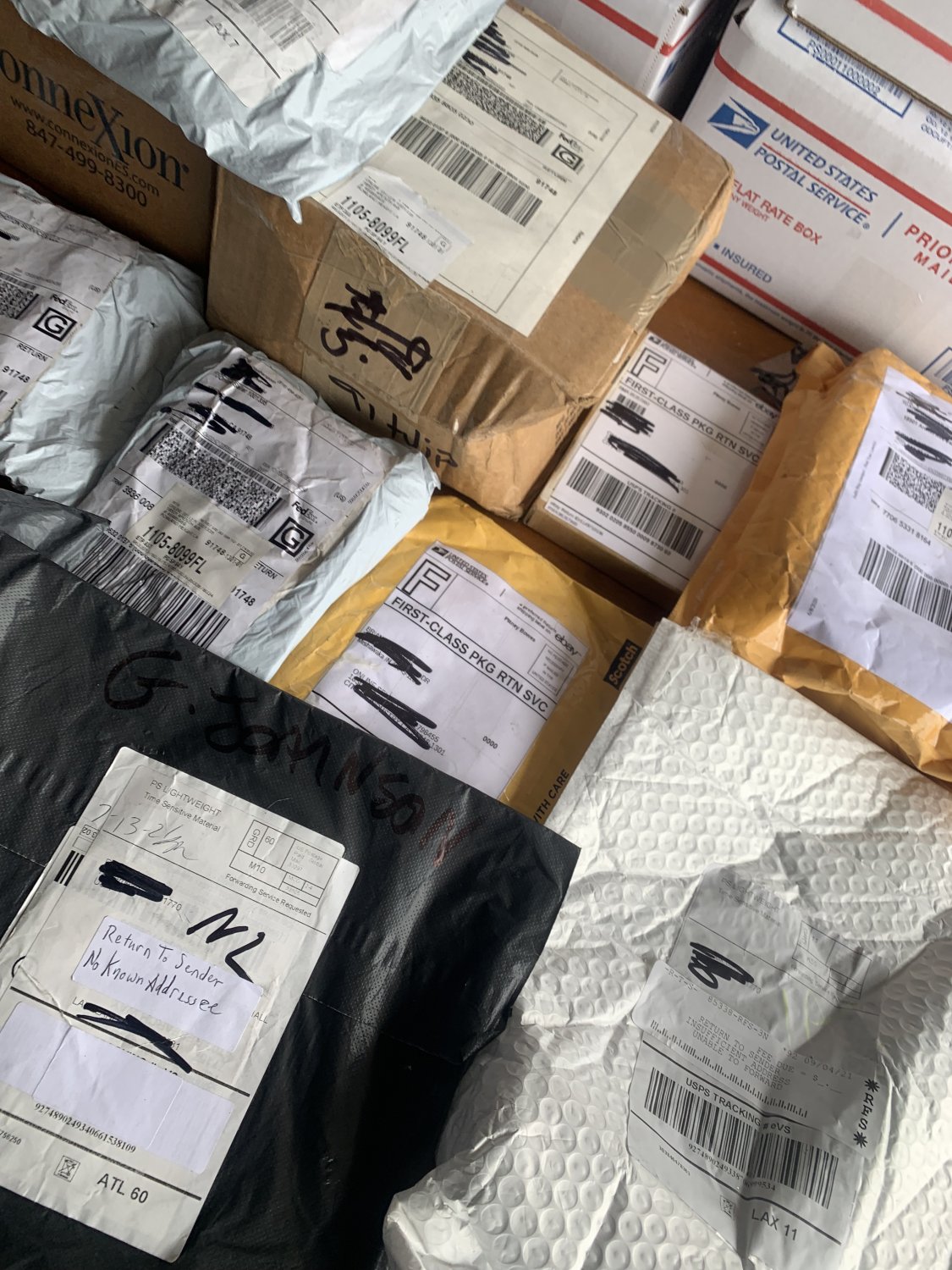

But some brushing targets receive dozens of unwanted parcels and are left powerless to stop them from arriving, and concerned about who has their address. Getting a free item in the post might not sound like such a bad thing, at first. Which? members report dozens of unwanted Amazon parcels Help us make tech giants take responsibility for online harms - sign our petition today. It says it will 'take action bad actors that violate policies'. On its website, it advises customers to contact customer service 'immediately' if they receive an unsolicited package. Because consumers will rarely search beyond the first page or two of product results on the Amazon website, it's important for sellers to appear as high up as possible.Īmazon is aware of brushing and says sellers are prohibited from engaging in the scam.
AMAZON UNCLAIMED PACKAGES UK HOW TO
These items are cheap to ship in large volumes, which is a hallmark of the scam.įind out how to avoid fake and dangerous products when shopping online, and how to spot a fake review What is brushing?īrushing involves an unscrupulous seller, or an agent acting on behalf of the seller, sending usually cheap-to-ship items to unsuspecting people and then falsely logging it as a genuine sale in order to artificially inflate sales volumes.Īs a result, Amazon customers risk being misled into choosing products that aren't as good as they seem.īrushing is primarily designed to game Amazon's highly competitive search ranking system, which favours products with high sales volumes and good reviews.

AMAZON UNCLAIMED PACKAGES UK BLUETOOTH
Items received in the mystery parcels included magnetic eyelashes, eyelash serum, toys for pets and children, Bluetooth accessories, iPhone cases, frisbees, medical gloves, and more. The survey results indicate that, when scaled up, 1.1 million households may have been targets of brushing - a marketing scam carried out by unscrupulous Amazon Marketplace sellers, often based in China, to artificially boost their sales volumes and product reviews. More than one million households in the UK could have been victims of the scam known as 'brushing', Which? research has suggested.Ī nationally representative survey of 1,839 people found that 4% of respondents said they or someone in their household received a mystery Amazon package at their home address that they did not order, was not sent by a known person and was not taken in for a neighbour.


 0 kommentar(er)
0 kommentar(er)
